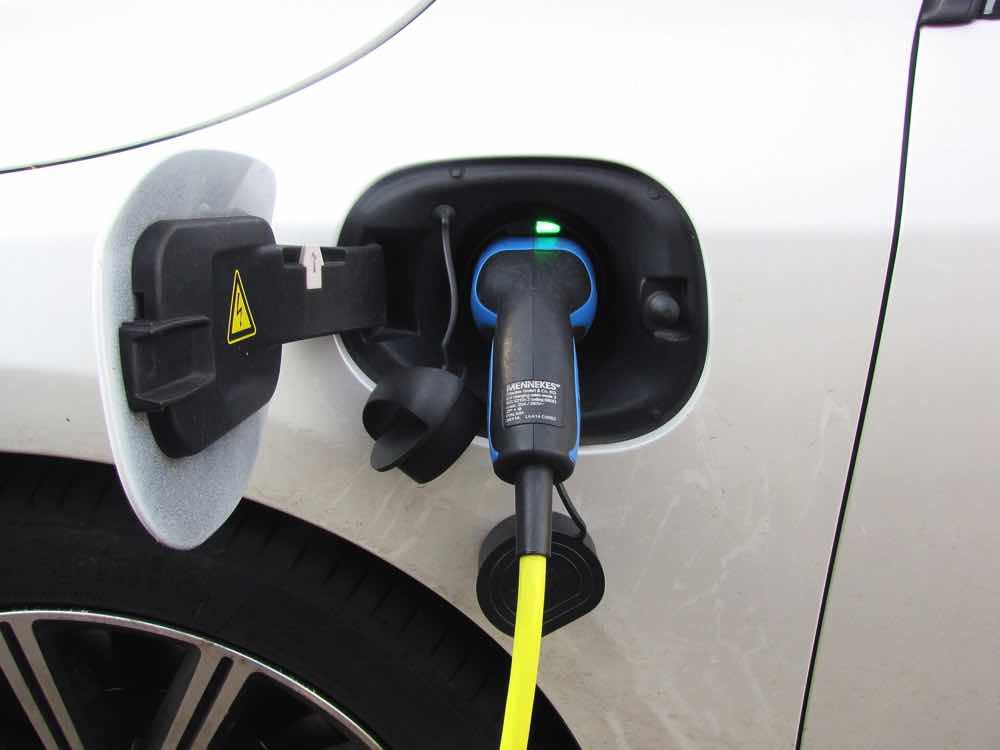Plug-In Hybrid Vehicle Servicing Explained
- Hybrid Vehicle Servicing Overview: Plug-in hybrid vehicles (PHEVs) require standard mechanical inspections along with additional checks specific to hybrid technology.
- Specialised Hybrid Checks: Checking hybrid battery health, inverter coolant, brake binding and charging port inspections to ensure optimal performance and efficiency of PHEV systems.
- Servicing Frequency: It’s recommended to service PHEVs as frequently as conventional cars – typically every 12 months or 10-12,000 miles in line with manufacturer guidelines.

Plug-in hybrid vehicles (also known as PHEVs) are becoming more and more popular as motorists look to cut down on their costs and their impact on the environment. While the servicing of traditional vehicles has been standard practice for decades, hybrid vehicle servicing might be something of a mystery to new owners of eco-friendly models.
As these vehicles become more popular, there will be an increased demand for their servicing, and in this article, the team at Mr Tyre are going to look at what’s involved in hybrid vehicle servicing.
What’s involved in PHEV vehicle servicing?
When it comes to hybrid vehicles, there are a number of additional checks that are carried on top of the standard mechanical inspection of normal vehicles. Components specific to hybrid vehicles are given the same level of attention as mechanical parts.
- Hybrid battery health check: While a battery is important in any vehicle, hybrid batteries take on extra importance as they’re used to power the car when the fuel is not in use. A health check ensures the battery is operating properly, which not only helps hybrid performance but also improves efficiency.
- Inverter coolant check: This allows your technician to check that there are no coolant leaks in the vehicle. Inverter coolant isn’t the same as engine coolant – inverter coolant is required to ensure that the inverter can work properly; the inverter turns the DC power (e.g. the batteries) into AC power which makes the electric motor work.
- Brake binding check: Hybrid vehicles make use of something called regenerative braking; this is the process that takes the kinetic energy that is lost when braking and stores it in the hybrid/electric vehicle’s battery. The next time the car accelerates, this stored energy is used, rather than draining the vehicle’s original energy supply. Brake binding is a problem whereby the brake pad sticks to the brake itself, which can cause the vehicle to slow down even without the brake pedal being used. We’ll check for potential brake binding and can repair the issue if this fault is discovered.
- Charging port check: The charging port will be inspected for damage and replacement recommended if any is found. With over 17,000 public charging points available in the UK, not to mention the option of a charging point installed in your home, it’s important that your plug-in hybrid vehicle can charge up properly and efficiently.
How often should I get my plug-in vehicle serviced?
You should try and have your plug-in hybrid vehicle serviced at the same frequency that you would get a normal car serviced; in line with manufacturer recommendations. The common rule is that you should have your car serviced every 12 months or every 10-12,000 miles – whichever comes first.
–
Mr Tyre offers three different types of inspections: interim, full and major servicing. These options consist of a 34-point, 45-point and 47-point inspection respectively. No matter the level of inspection you require, your hybrid electric vehicle will receive the same high level of care; any faults we find will be recorded so that we can rectify them effectively, ensuring your vehicle remains safe and roadworthy.
For more information about our PHEV vehicle servicing, combustion engine vehicle servicing or any of our other car maintenance services, please contact one of our branches today and we’ll be happy to help.

